National Research Council developed interim dietary guidelines to help consumers make healthful food choices
In 1982, National Research Council, after a study of the relationship of diet and nutrition to cancer, developed…

In 1982, National Research Council, after a study of the relationship of diet and nutrition to cancer, developed…
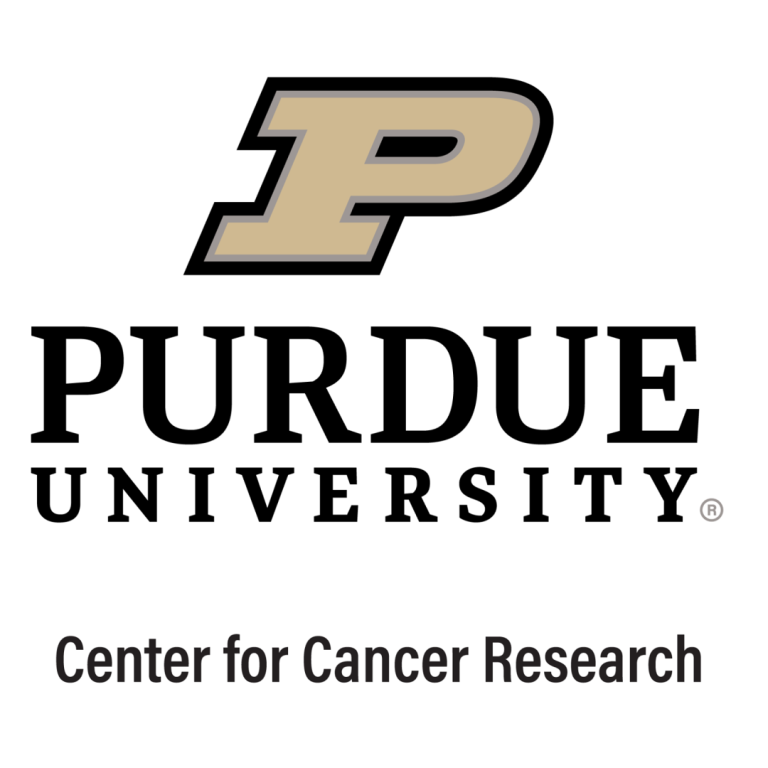
In 1982, the Purdue University Institute for Cancer Research (PICR) was established as an National Cancer Institute (NCI)…

In 1982, the Fred Hutch established the Cancer Prevention Program in Seattle, which has made key contributions to…
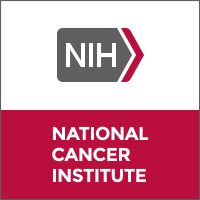
On Apr. 27, 1981, a new Biological Response Modifiers Program was established in the Division of Cancer Treatment…
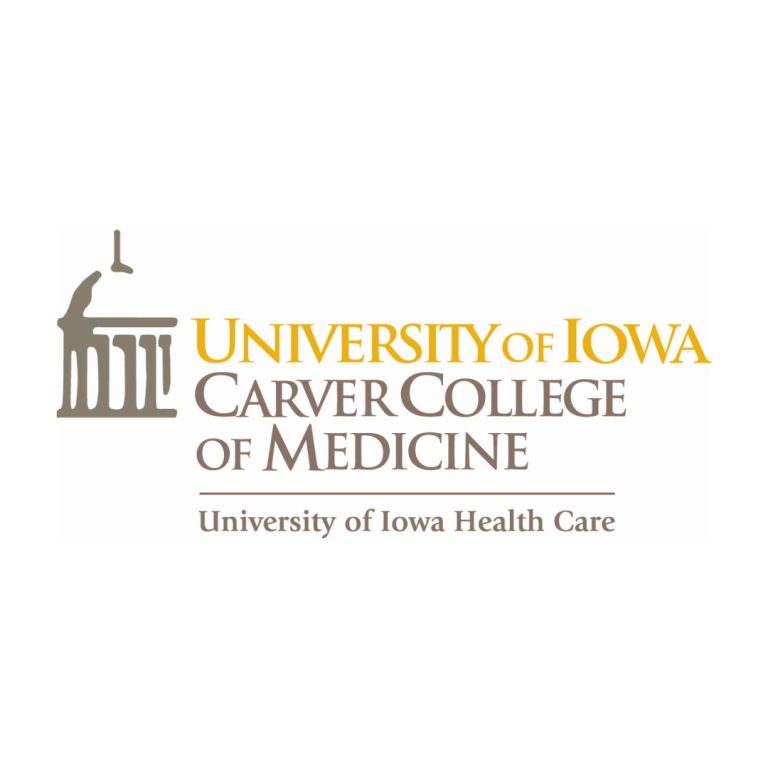
In 1981, University of Iowa researcher William Panje introduced the neolarynx, or “voice button,” restoring speech to cancer…
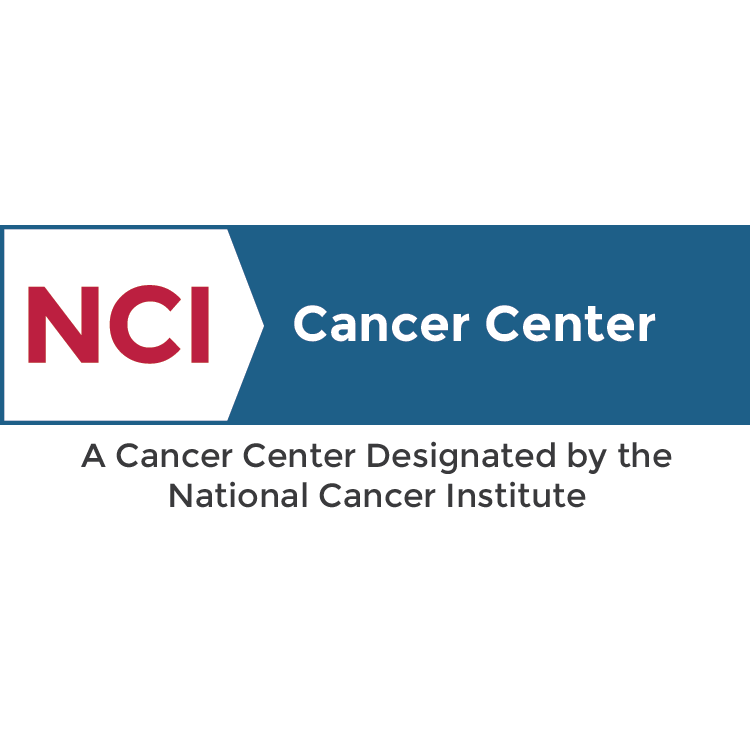
In 1981, the National Cancer Institute (NC) awarded The City of Hope Cancer Center NCI-designation. City of Hope’s…

In 1981, the La Jolla Cancer Research Foundation, the Cancer Center received its National Cancer Institute (NCI)-designation. The…

In 1981, Stanford oncologist Ronald Levy reported the first successful use of monoclonal antibodies, which are laboratory-created molecules…
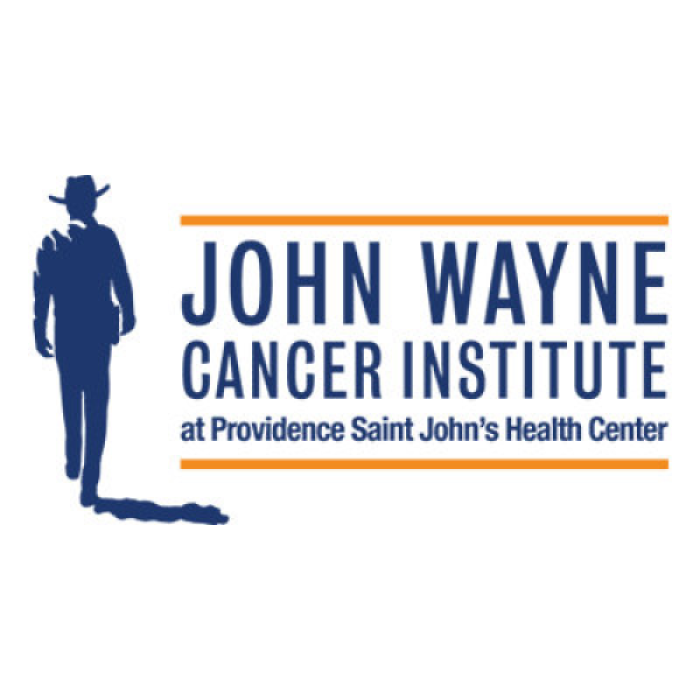
In 1981, John Wayne Cancer Institute (formerly known as the John Wayne Cancer Clinic) was founded to promote…

In 1981, Hybritech issued its Initial Public Offering (IPO) and raised $12 million, and $33 million in a…
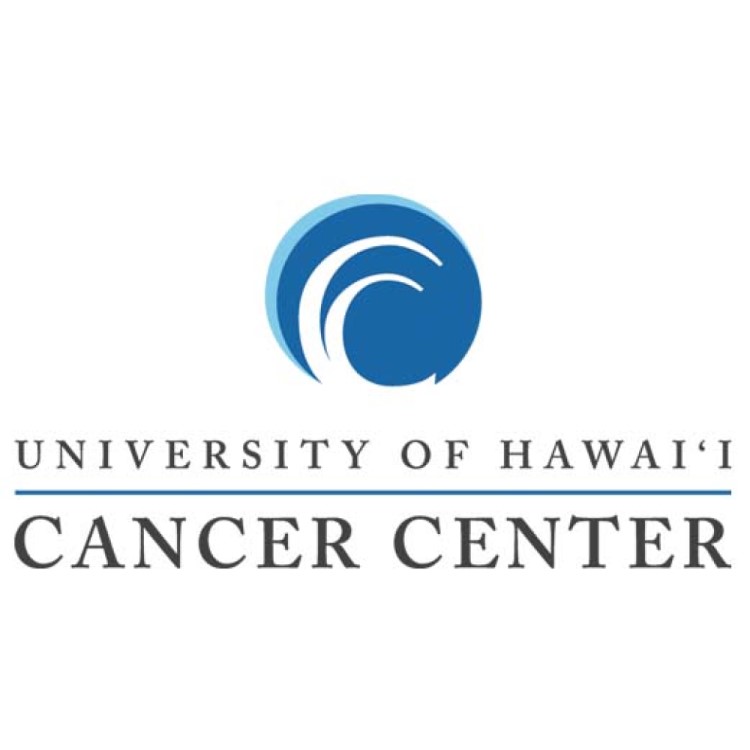
In 1981, The University of Hawaii Cancer Center (UH Cancer Center) was founded. The UH Cancer Center’s mission…
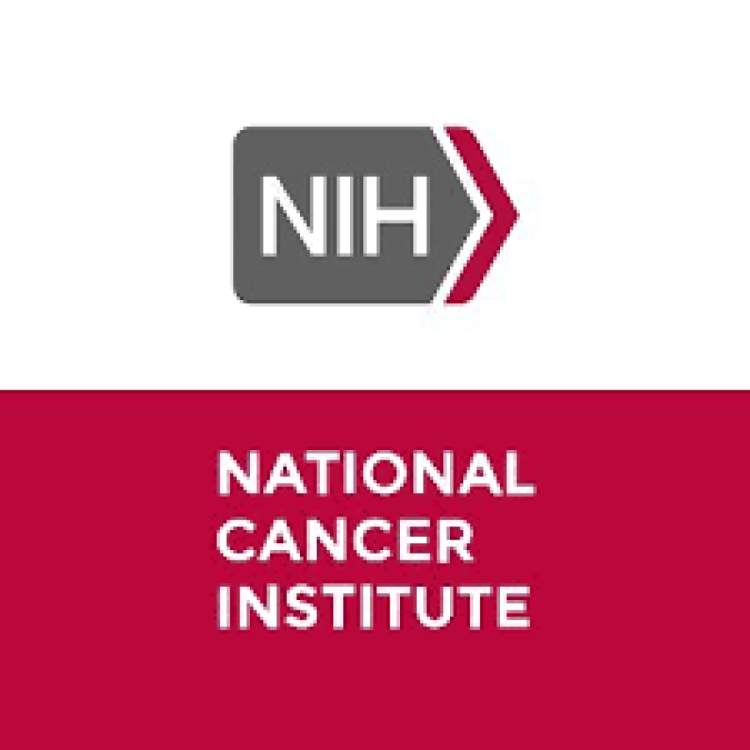
On Dec. 17, 1980, the Health Programs Extension Act of 1980 (P.L. 96-538), introduced by Sen. Edward Kennedy,…
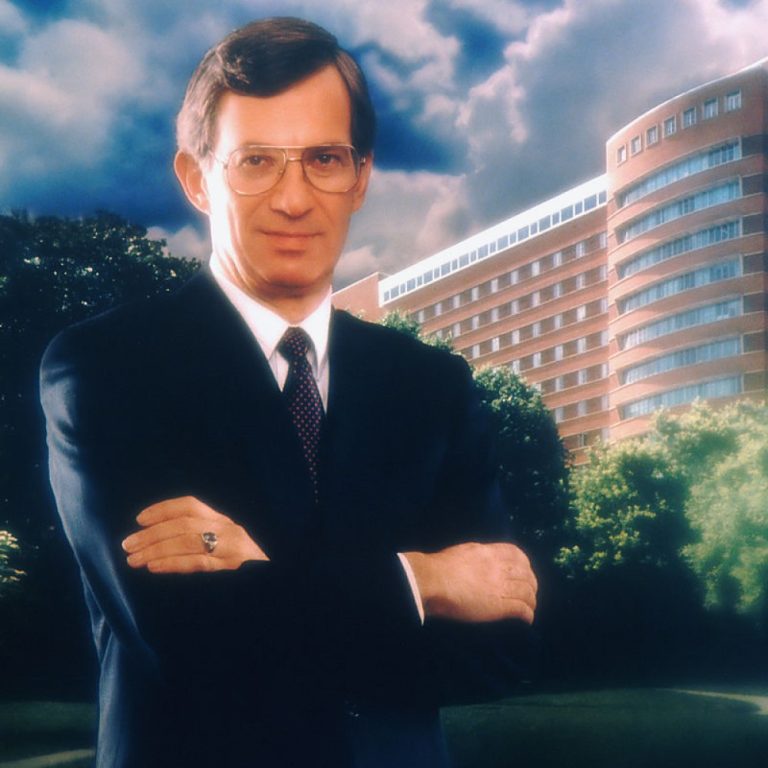
On Jul. 9, 1980, Dr. Vincent T. DeVita, Jr. became the ninth director of the National Cancer Institute…

In 1980, Genetic Systems was founded in Seattle as a monoclonal antibody-based diagnostic company by Robert Nowinski of…
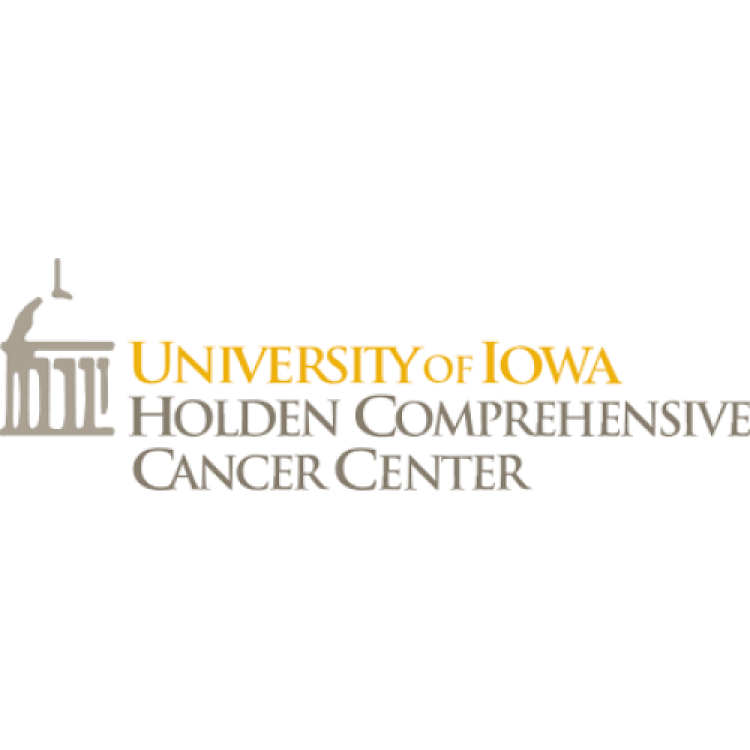
In 1980, The Holden Cancer Center at University of Iowa was founded with Richard L. DeGowin, M.D. appointed…
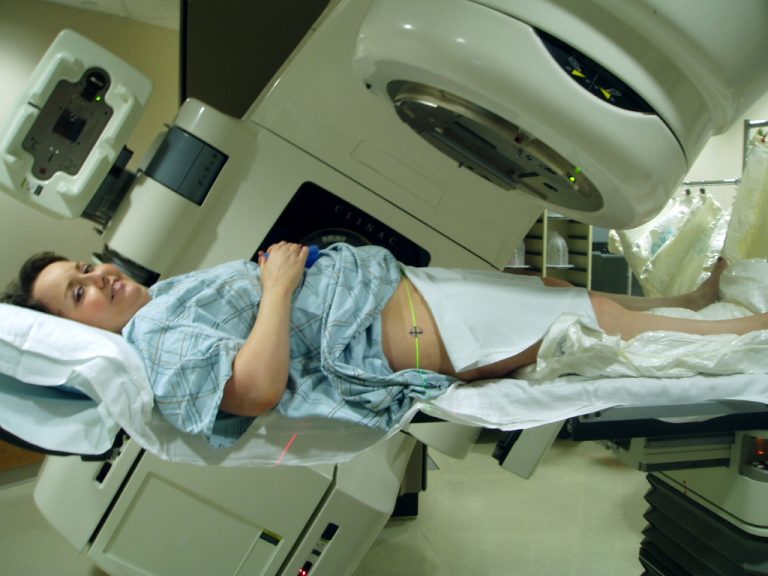
In 1980, the $2 million Gershenson Radiation Oncology Center (GROC) opened as a partnership between Wayne State University’s…
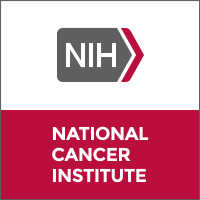
On Jul. 18, 1979, the National Cancer Institute and the National Naval Medical Center, Bethesda, Md., signed an…
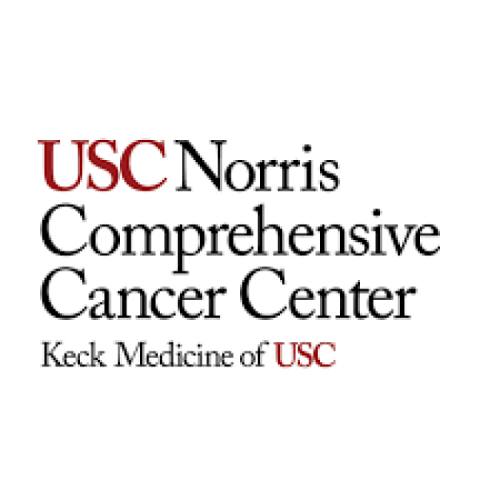
On May 10, 1979, ground was broken for the new site of the Kenneth Norris Jr. Cancer Research…
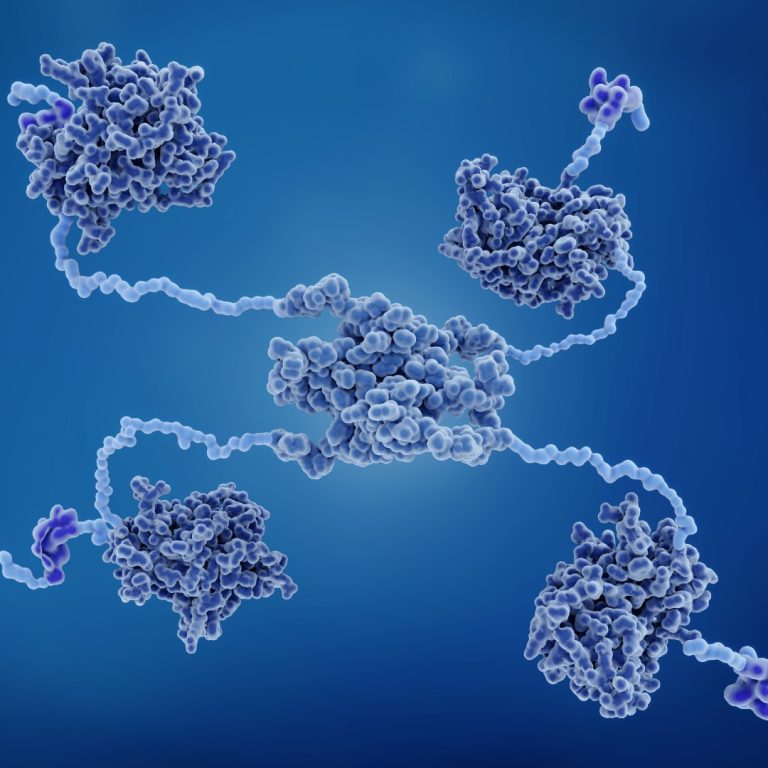
In 1979, the most frequently mutated gene in human cancer, p53, was identified by six groups of researchers…
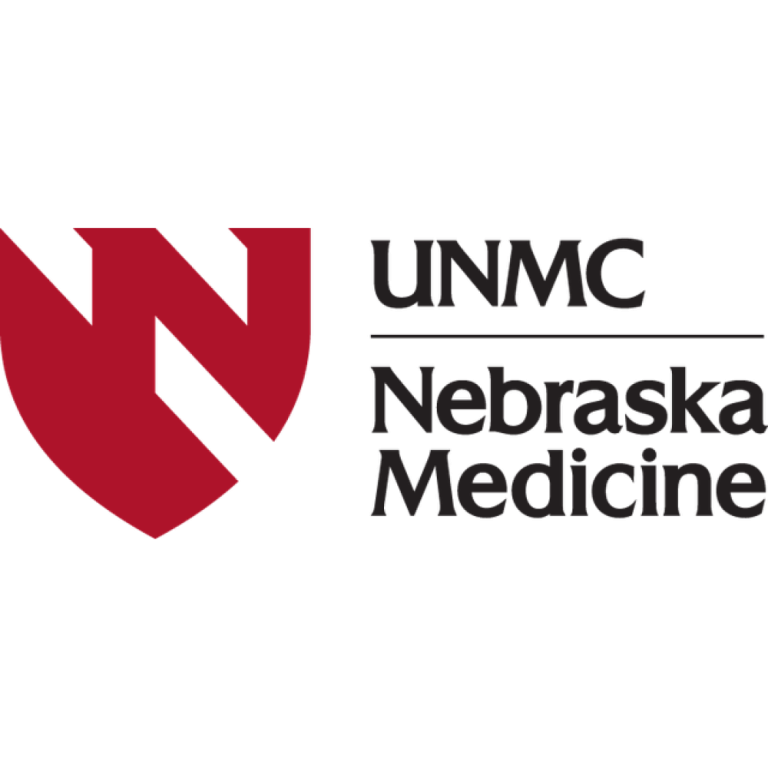
In 1979, Dr. Norman H. Cromwell of the Department of Chemistry, University of Nebraska-Lincoln, became acting director of…
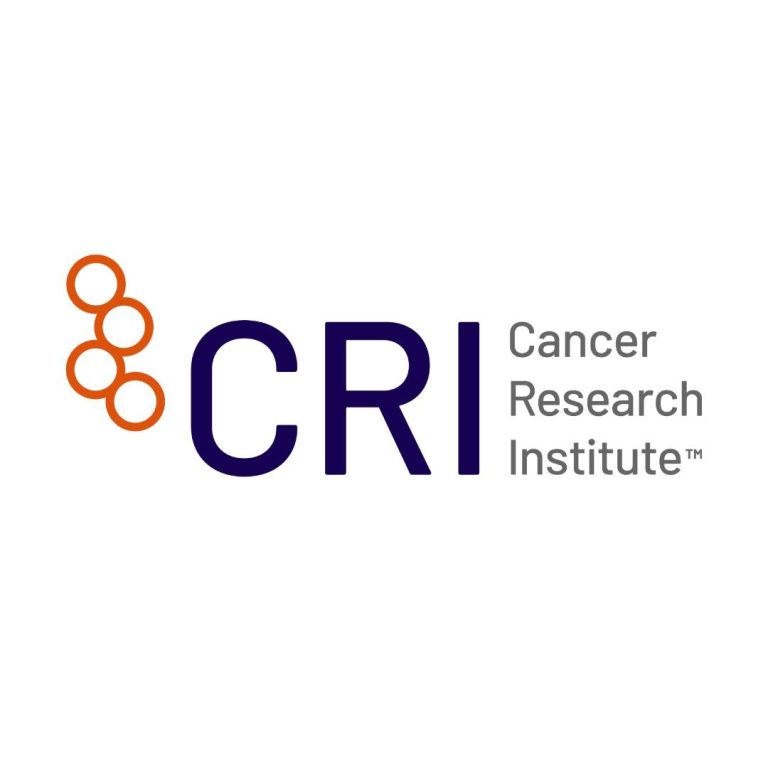
On Nov. 9, 1978, the first human testing of a biological therapy was conducted (alpha-interferon). The Cancer Research…
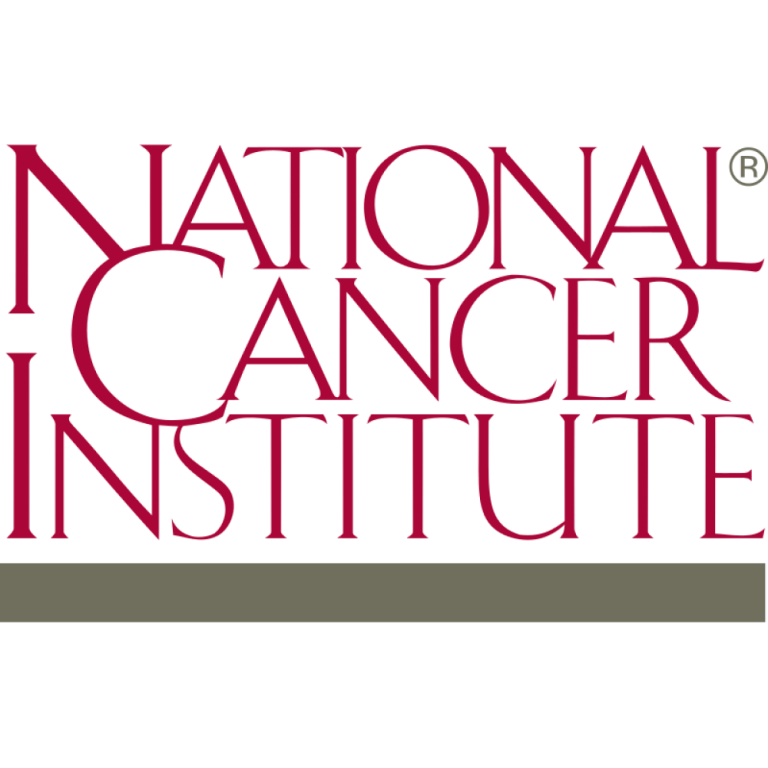
On Nov. 9, 1978, the President Jimmy Carter signed the Community Mental Health Centers Act (P.L. 95-622) amending…

In 1978, The University of Arizona Cancer Center (UACC) received its first National Cancer Institute (NCI) Support Grant…
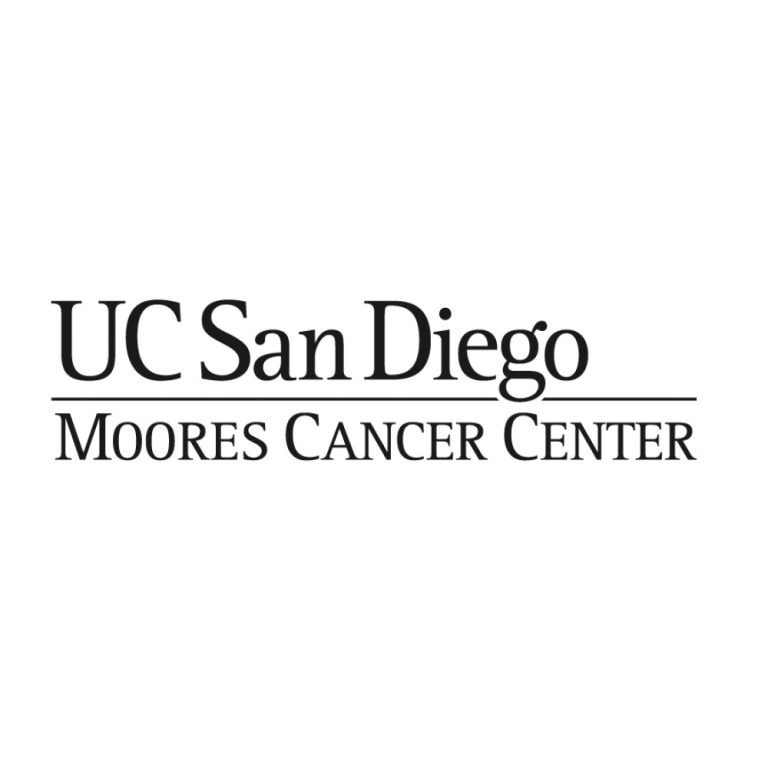
In 1978, the University of California, San Diego Cancer Center was founded as one of just 45 National…

In 1978, Hybritech was founded by cancer researcher Ivor Royston and lab technician Howard Birndorf of the University…
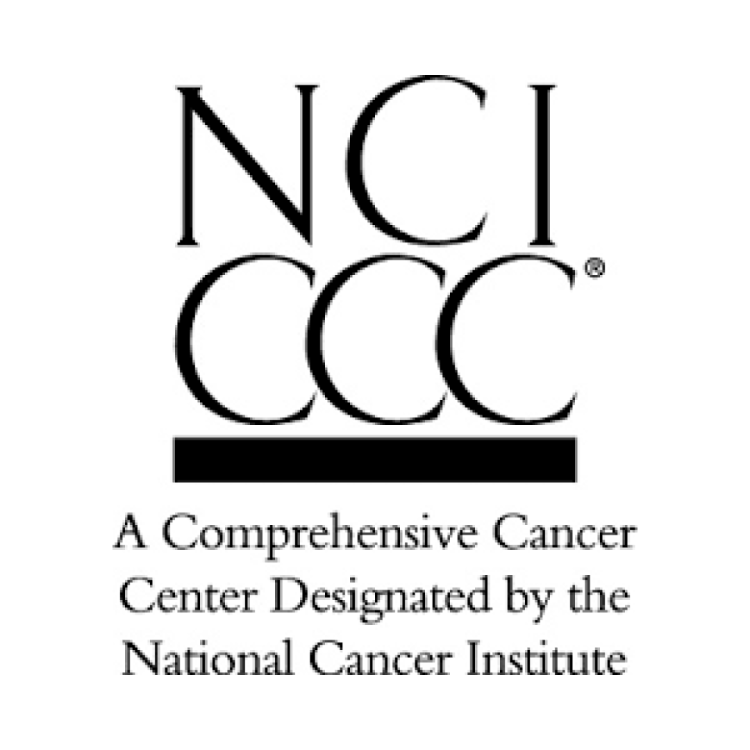
In 1978, the National Cancer Institute (NCI) awarded the Cancer Center of Metropolitan Detroit with comprehensive status. Known…
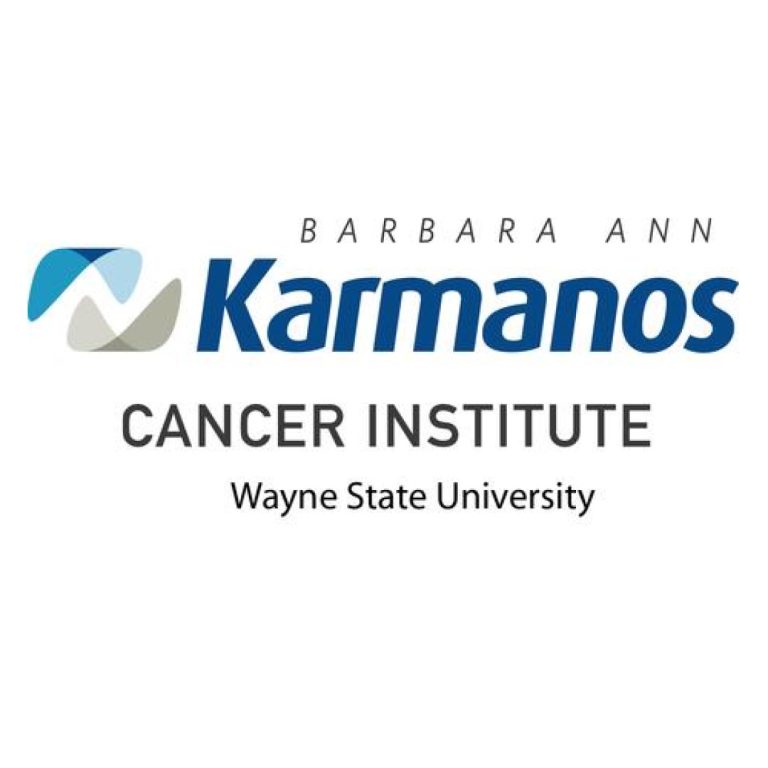
In 1978, The Karmanos Cancer Institute (KCI), a not-for-profit, NCI-designated Comprehensive Cancer Center was founded in metropolitan Detroit….

In 1978, the Norris Cotton Cancer Center in New Hampshire received National Cancer Institute (NCI) designated in recognition…
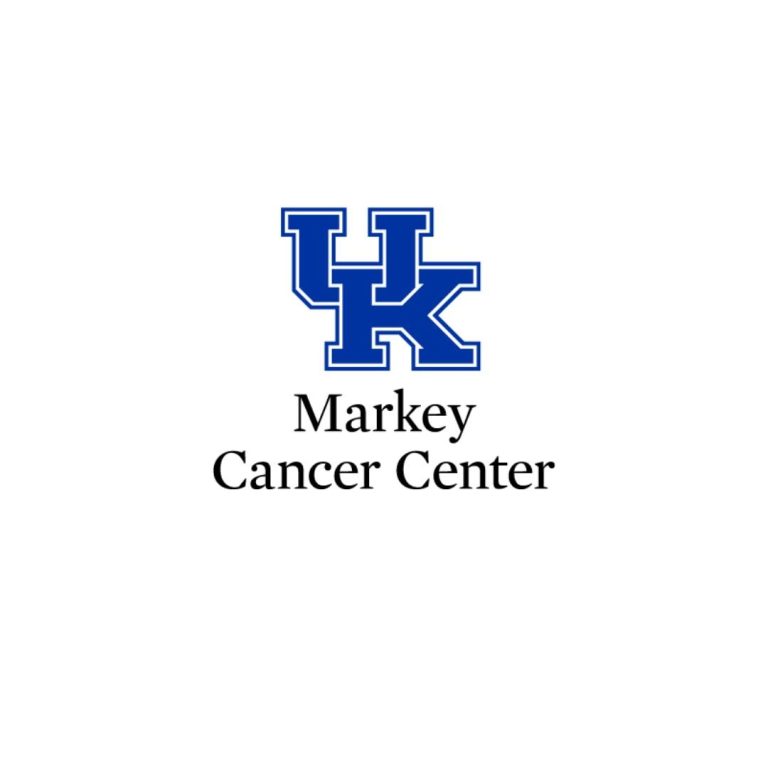
In 1978, the University of Kentucky (UK) Markey Cancer Foundation, previously the Ephraim McDowell Cancer Research Foundation, was…
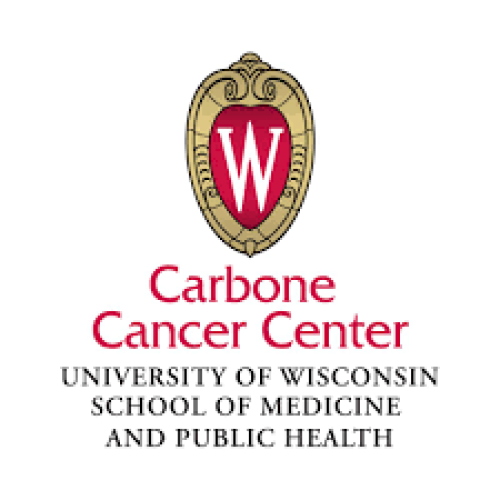
In 1978, the Carbone Cancer Center Clinical Sciences Center was completed in January adding over 70,000 square feet…